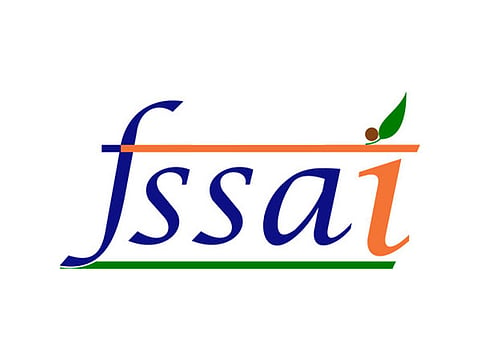

NEW DELHI: Highlighting a recent directive from the Central Board of Secondary Education (CBSE) on the establishment of ‘sugar boards’ in schools, the Food Safety and Standards Authority of India (FSSAI) has urged states to support and implement the initiative to help curb excessive sugar consumption among schoolchildren and foster healthier dietary habits from an early age.
The matter was discussed during the 47th Central Advisory Committee (CAC) meeting of the FSSAI, held on May 27.
According to the FSSAI, in response to Prime Minister Narendra Modi’s call for urgent action against obesity and a 10 per cent reduction in oil consumption, the states and Union Territories (UTs) were urged to step up awareness efforts and implement concrete measures to address this growing public health concern.
During the extensive deliberations, states and UTs were strongly encouraged to scale up comprehensive measures, including widespread public awareness campaigns, to effectively respond to the Prime Minister's vision for an obesity-free and healthier nation.
“A significant point of discussion was the recent directive from the Central Board of Secondary Education (CBSE) regarding the establishment of 'sugar boards' in schools. The FSSAI stressed the need for states to actively support and implement this crucial initiative in a big way, recognising its potential to significantly curb excessive sugar consumption among school-going children and foster healthier dietary habits from a young age,” the authority said in a statement.
The CBSE has directed all affiliated schools to establish 'sugar boards' on their campuses to create awareness among students about the health risks associated with excessive sugar consumption.
The directions were issued following a recommendation from the National Commission for Protection of Child Rights (NCPCR), which raised concerns over the increasing prevalence of Type 2 diabetes, obesity, and dental problems among children.
The FSSAI emphasised that states are key to the successful execution of such public health initiatives.
Discussions also revolved around strategies for states to enhance their food safety surveillance, promote the 'Eat Right India' movement, and encourage the availability of nutritious and safe food options across all segments of society.
The FSSAI reiterated its commitment to providing all necessary technical guidance and support to states and UTs in their efforts.
The 47th CAC meeting was attended by over 60 participants, including Commissioners of Food Safety, senior officials from states and UTs, representatives from central ministries, and stakeholders from the food industry, consumer groups, agriculture, laboratories, and research organisations.